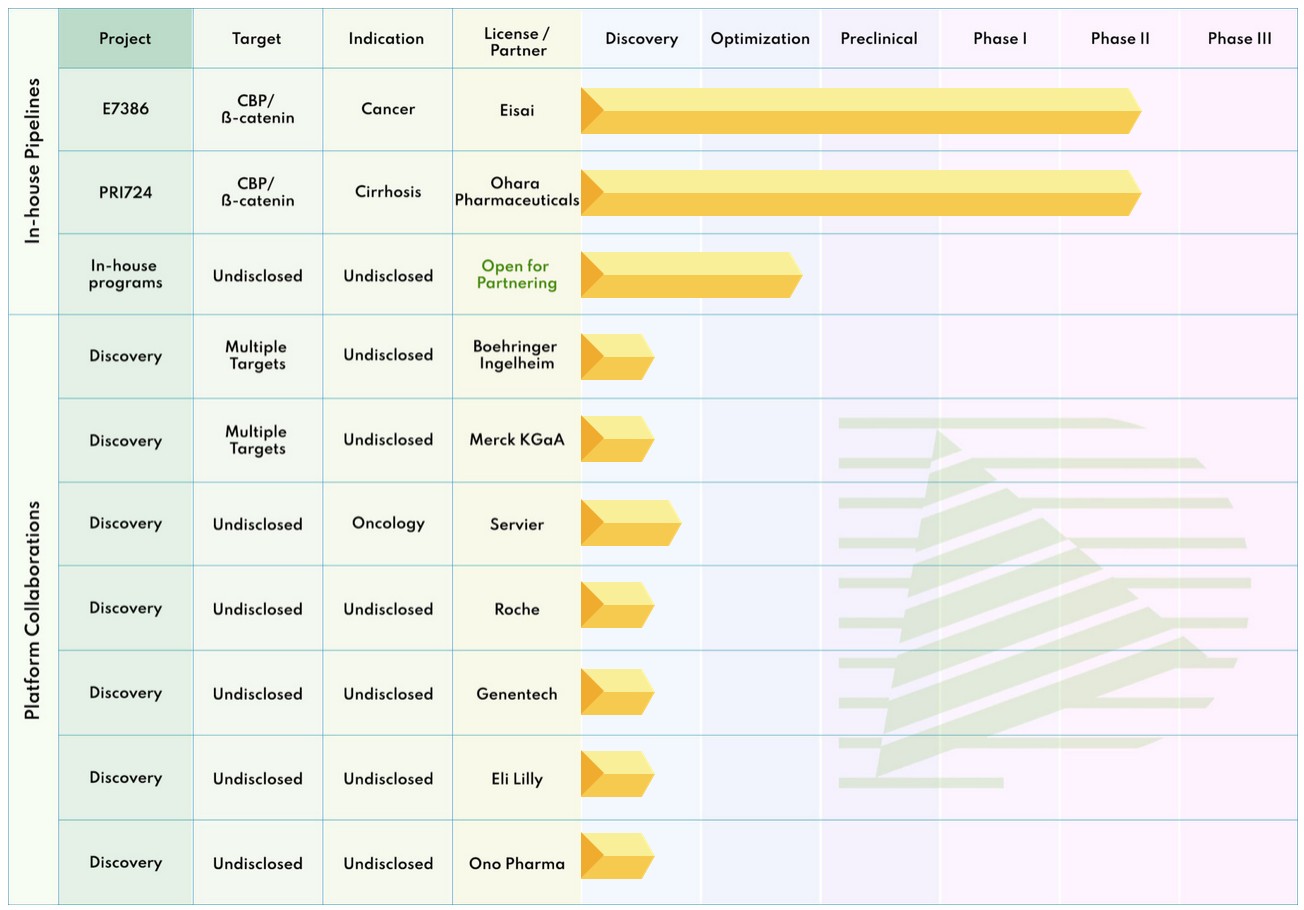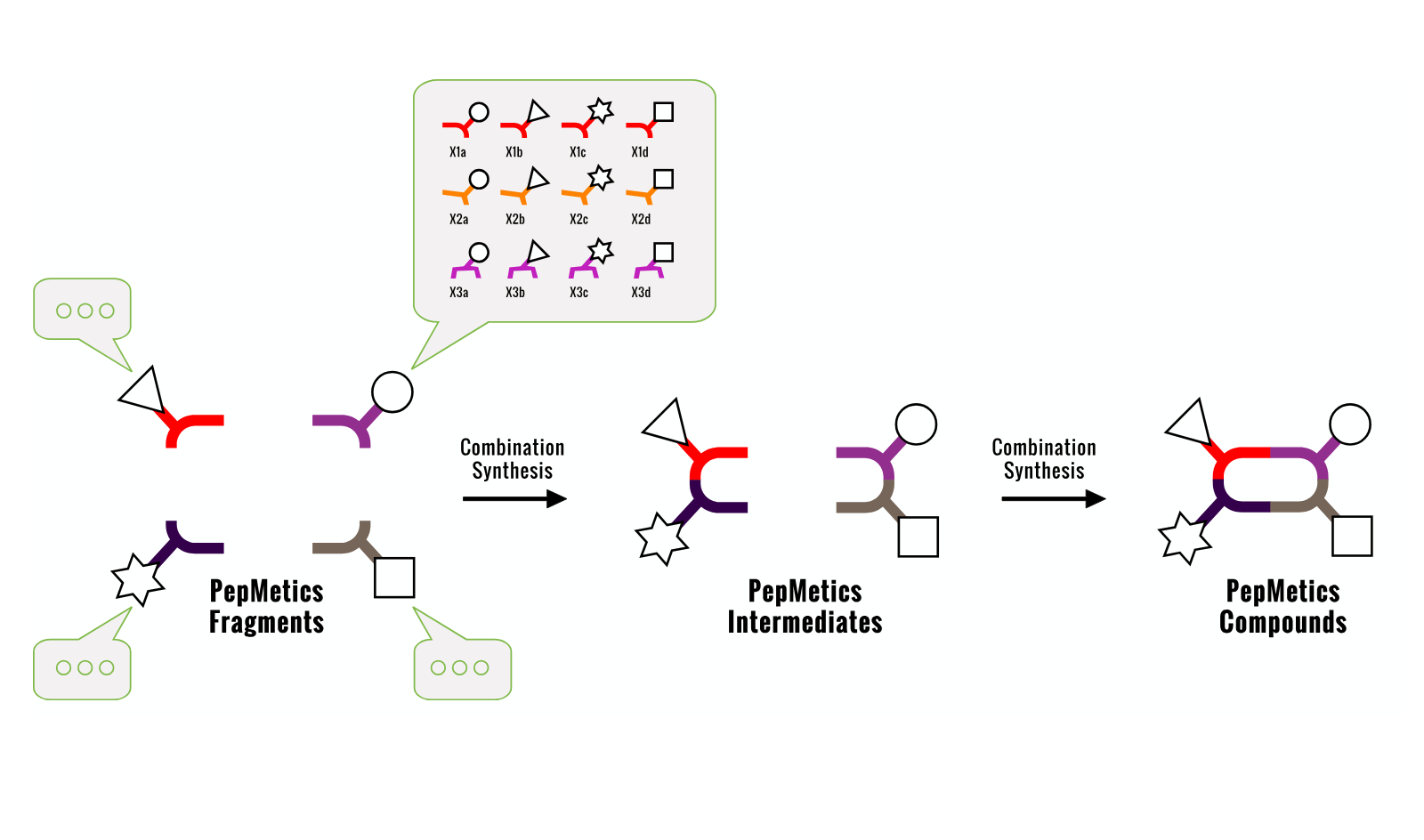Elix and PRISM BioLab Partner to Tackle Hard-to-Drug Protein Targets with AI
Elix and PRISM BioLab have announced a partnership aimed at advancing drug discovery for protein-protein interaction (PPI) targets—an area long considered difficult to address with small molecules. The collaboration brings together Elix’s AI-driven compound design capabilities and PRISM BioLab’s small molecule scaffolds that mimic structural motifs found in intracellular protein interfaces.
By integrating Elix’s Elix Discovery platform with PRISM’s chemistry, the two companies aim to efficiently generate novel compounds against targets that have resisted conventional screening methods. The joint effort builds on a prior pilot study that produced structurally distinct hit compounds using AI-guided design, suggesting the combined approach may offer access to previously unexplored chemical space.

PRISM BioLab's Pipeline; Source: PRISM BioLab
PRISM BioLab’s approach centers on designing small molecules that replicate the structural features of short alpha-helix and beta-turn peptides—common elements in PPI binding regions. These mimetics are synthesized using proprietary scaffolds, which aim to maintain the spatial arrangement of key side chains while offering greater chemical stability than the natural peptide counterparts. The company’s internal library reportedly includes over 20,000 molecules and has been developed to support screening campaigns against PPI targets, including those considered challenging due to conformational flexibility or shallow binding surfaces.

PRISM BioLab's Scaffolds; Source: PRISM BioLab
The focus is on improving both the speed and success rate of discovering inhibitors for PPI targets, which play roles in cancer, fibrosis, autoimmune disease, and other conditions. PRISM’s scaffolds replicate key secondary structures like alpha helices and beta turns, while Elix’s AI engine is used to prioritize and optimize candidate molecules.
The collaboration focuses on reducing time and cost in early-stage discovery by combining Elix’s AI-driven design with PRISM’s structural templates. The companies plan to co-develop a pipeline targeting diseases where PPI modulation is considered therapeutically relevant, including cancer, fibrosis, and autoimmune conditions.
Topics: AI & Digital